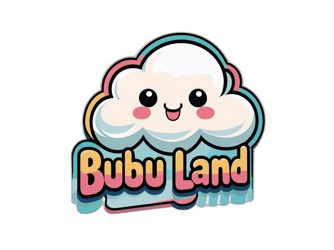The Wonderful World of Music in Early Childhood!
Music in early childhood is so much more than entertainment; it's a powerful tool for development. It stimulates the brain, accelerates language acquisition, improves motor skills, and strengthens emotional bonds. Weaving songs and rhythms into your daily routine is a simple and joyful way to nurture your child's happy and healthy growth.
Bubu Land
6/25/20252 min read


Music is more than just a pleasant sound; it's a powerful tool that significantly impacts a child's development, especially during the crucial early childhood years (0-5). Introducing music to your little one can spark joy, foster learning, and build a strong foundation for their future.
Brain Development: Studies have shown that engaging with music stimulates various parts of the brain, promoting neural connections essential for cognitive development. Exposure to different rhythms and melodies can enhance spatial-temporal reasoning, which is vital for math and problem-solving skills later in life.
Language and Literacy: Music naturally emphasizes rhythm, rhyme, and repetition – all key components of language development. Singing songs helps children learn new words, understand sentence structure, and improve their pronunciation. The melodic nature of songs also makes it easier for young minds to memorize and recall information.
Emotional and Social Growth: Music has a unique ability to evoke emotions. Gentle lullabies can soothe a fussy baby, while upbeat tunes encourage movement and expression. Singing and dancing together fosters bonding and strengthens the parent-child relationship. Group musical activities also help children develop social skills like cooperation and sharing.
Motor Skills: Many children's songs incorporate actions and movements. Clapping, stomping, and dancing along to music helps develop gross motor skills, coordination, and body awareness. Even simple fingerplays and gestures can enhance fine motor skills.
A Gateway to Creativity: Music sparks imagination and encourages creative expression. Whether it's making up silly lyrics or pretending to play an instrument, music allows children to explore their inner world and develop their creative thinking.
Making Music a Part of Your Child's Day:
Sing often: Don't worry about your singing voice! Your child will love hearing your voice.
Play a variety of music: Explore different genres and styles, including instrumental pieces.
Dance and move together: Make music a physical activity.
Introduce simple instruments: Shakers, drums, and xylophones are great starting points.
Make it fun! The most important thing is to create positive and enjoyable musical experiences.
By weaving music into your child's daily routine, you're not just providing entertainment – you're nurturing their development in countless wonderful ways.
